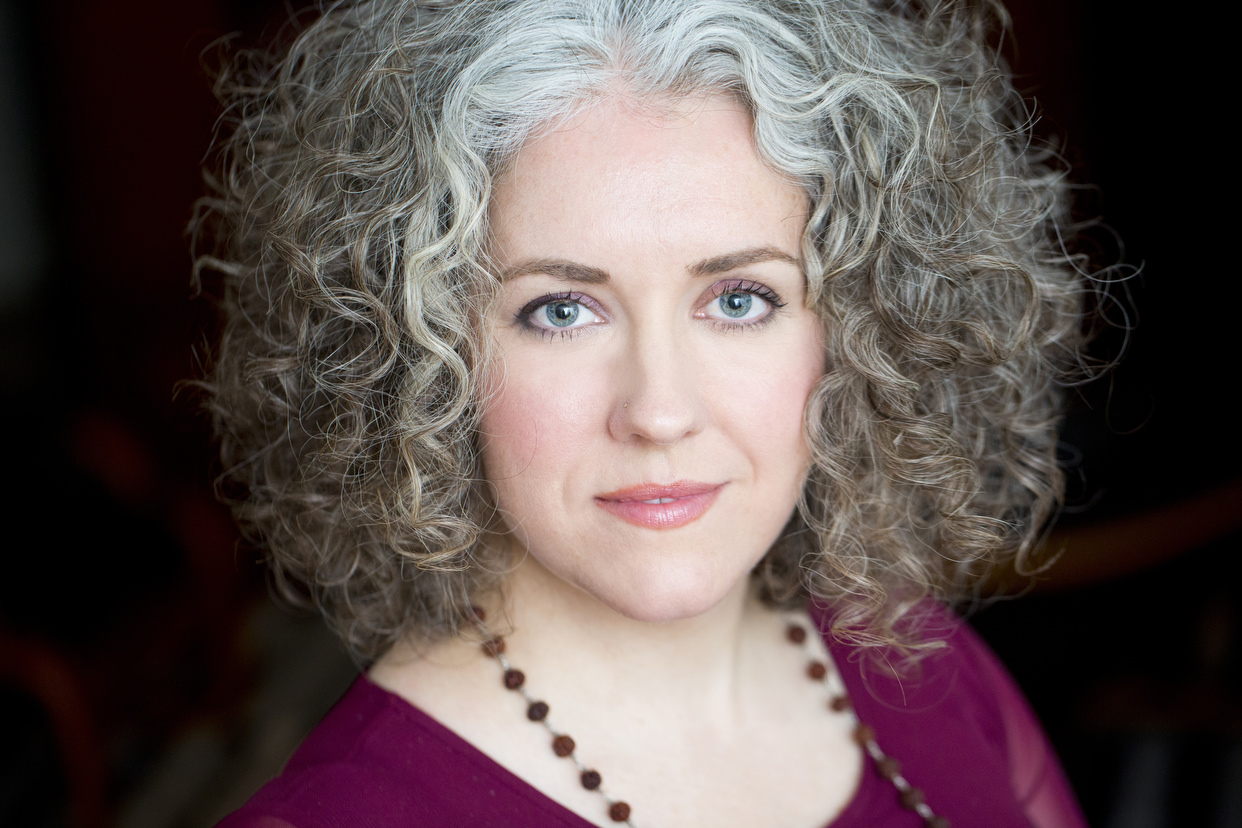
The biggest hurdle we face is being uniquely ourselves. It seems that everything in our society, including religions, upbringing and educational systems teach us a way to be and to think, putting a label of right and wrong on ideas from an early age. People learn to believe what they’ve been told and not to cultivate their own experiential understanding (which by the way is wisdom: wisdom is knowledge that has been directly experienced and integrated into one’s understanding).
Not only are we taught what to believe, uniqueness is even seen as a flaw to many societies and religions. People are taught to follow a straight and narrow path, to worship a graven image or idol of God or Goddess and to emulate the puppet-like features we have attributed to them through lore and legend. Look at the Hindu scripture the Ramayana as a prime example of this: it’s too bad most people don’t look at the Ramayana side by side with the Bhagavad Gita and see that these two epic tales must be understood in tandem to get wisdom from the knowledge imparted in each. Blindly following societal norms leads to utter sorrow and is not dharmic – it’s societal karma. It goes conversely against dharma to work on a societal level to keep people following rules and not creating chaos, but on an individual level, the individual cannot find their true purpose or honor their divinely chosen and ordained path. Conversely, following pure dharma that works for the individual can throw society into chaos and turbulence (at least your close circle of friends and family), because you can’t follow rules and norms meant for the whole when living your true nature.
I’m using two Hindu epics as an example of these two extremes because they perfectly illustrate the two paths we face in day to day life, and if you read both and imbibe the stories, you feel connected to the characters. Storytelling is always the best way to learn a lesson because you get the emotional intelligence and feelings conveyed, not just the intellectual knowledge.
On one extreme everyone will view you as an ideal person, but you yourself will be in utter chaos and sorrow knowing you have fallen short of what God wants of you. And on the other extreme, those around you will likely feel dishonored or disrespected because you choose to follow your own path and disregard societal norms, traditions and long held values in order to be true to yourself. Think this is extreme? Remember, Rama took birth as Krishna in his next incarnation: that would not have happened if not to balance the scales and show that divinity is not one-sided. So if God is in both paths as we clearly know from these two great incarnations of God in the Hindu tradition (Rama and Krishna), how does this influence your decision of how to live your life, knowing that neither is better than the other; that they merely lead to different outcomes?
Obviously neither path is without its flaws, and most people will never face either of these two extremes. Well, that’s not entirely true. Many people fall prey to doing what others want of them, but few have the courage to challenge what they’ve been taught and find what it true for them. Where do you fall on this spectrum? Do you live to please others, or do you live to find what fulfills you and makes you whole? Likely it’s both because most people live somewhere in the middle, but what is your focal point? What do you base your decisions around? Is it around tradition, religion, family or society, or is it around following the light that guides you from within? Knowing this is the first step to uncovering your path and learning what makes you whole.

